Coppie di nazionalità diverse: Unione civile o registrata
aggiornamento: 27 marzo 2020
Last updated on 27 March 2020 by the Ministry of Justice
LIVING IN A COUPLE WITH DIFFERENT NATIONALITIES: CIVIL OR REGISTERED PARTNERSHIP
What are the rules governing civil partnerships in Italy?
A civil partnership is formed by two adults of the same sex by making a declaration before a civil registrar in the presence of two witnesses. The civil registrar will enter the partnership in the civil records (Law No 76 of 2016).
The civil partnership of a same-sex couple is certified by a document, which must contain:
- the personal details of the parties;
- the property regime and place of residence of the couple;
- the personal details and place of residence of the witnesses.
The capacity and the other conditions for forming a civil partnership are governed by the national law of each party at the time of forming the partnership. If the applicable law does not allow civil partnerships between same-sex adults, Italian law will apply. (Article 32-ter of Law No 218 of 1995)
What circumstances prevent civil partnerships?
The following circumstances prevent or void civil partnerships:
- either of the parties is already married or in a same-sex civil partnership;
- one of the parties lacks mental capacity;
- the parties are related by blood, affinity, adoption or ‘affiliation’ within a degree that would prevent marriage (see Article 87(1) of the Civil Code);
- one of the parties has received a final conviction for the murder or attempted murder of the other party’s spouse or civil partner;
The grounds preventing civil partnership are mandatory provisions.
What are the effects of civil partnership?
- Choice of surname
The partners in a same-sex civil partnership can choose to use one of their surnames as common surname. The party taking on the partner’s surname as common surname can put it before or after his/her surname by making a declaration to the registrar. The party who adds the partner’s surname does not lose his or her original surname.
- Duty to provide moral and material assistance, to live together and to contribute to shared needs
The parties acquire the same rights and duties. They must also provide each other with moral and material assistance and live together. Both parties are required to contribute to their common needs, in proportion to their respective means and according to their capacity for paid work or housework.
- Guardian/trustee and severance payments
The party to a civil partnership shall preferably be chosen as the other party’s guardian/trustee and shall be entitled to the deceased partner’s compensation in lieu of notice and severance pay.
- Equivalence to marriage
All provisions in legal acts (laws, acts having the force of law and regulations), administrative acts and collective bargaining agreements, which contain reference to marriage, to spouse(s) or to equivalent terms, shall also apply to the partners in a same-sex civil partnership. Equivalence does not apply to the rules of the Civil Code not referred to in the law on civil partnerships and to the rules on adoption.
What is the property regime for civil partnerships?
In the absence of different arrangements, the default property regime for same-sex civil partnerships is community of property.
To be valid, different property arrangements must be made in a public act. The choice of the separate property regime or the choice of the law applicable to property relations, made on the basis of the current rules of private international law is included in the record of civil partnership (Article 70-quaterdecies of Presidential Decree No 396 of 2000).
In property agreements, the partners may not waive their legal rights or obligations as a consequence of the civil partnership.
The community of property regime in civil partnerships is subject to the same rules as for married couples under the community regime, including the rules governing its dissolution (link to matrimonial property regimes).
Ending a civil partnership
A civil partnership ends:
- if one of the partners dies or is declared presumed dead;
- in the cases set out in the Divorce Law (Article 3(1) and (2)(a), (c), (d) and (e) of Law No 898 of 1970);
- when both parties, even appearing separately, state their intention to end the civil partnership to the registrar; three months thereafter, the application for dissolution of the civil partnership is submitted to the court in accordance with the provisions of the law on divorce, mutatis mutandis;
- if one of the partners has legally changed gender.
►Help us improve►Contact Assistance Services |
 |



